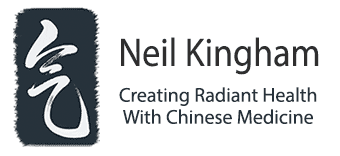Tuina, massage and Qi Gong effective for Chronic Fatigue
A systematic review of complementary and alternative treatments for Chronic Fatigue Syndrome (CFS) has come out in favour of Chinese medicine, finding that ‘studies of qigong, massage and tuina were demonstrated to have positive effects.’
Although the data is still limited, and more research is needed, I’m pleased to see scientific evidence that backs up my own clinical experience – that Chinese medicine has a great deal to offer to those suffering from complex conditions like CFS/ME.
The beauty of the Chinese approach is that it treats each person as an individual, and treatment is precisely tailored to the person’s exact experiences and symptoms. For conditions like CFS, symptoms are wide-ranging and varied, with no two cases alike. This is a challenge for conventional Western medicine, but not for more holistic treatment, such as those used by Chinese medicine.
In my experience, good results can be achieved with CFS, especially when combining therapies. I find a combination of acupuncture and/or tuina with nutritional therapy to be particularly good. Qi Gong or T’ai Chi are also very effective.
(You can find details of my UK clinics, here)
This review looked at all available data regarding complementary approaches to treating ME/CFS, and selected only Randomised Controlled Trials (RCTs) – that is, where participants are allocated randomly to either the treatment group or a control group, and the results of the 2 groups are then compared.
Two RCTs compared qigong plus meditation with no treatment. Both studies reported beneficial effects of qigong with meditation on fatigue. One RCT demonstrated the beneficial effects of massage on several symptoms of CFS, including depression, fatigue, pain and insomnia.
The full details of the review can be found here







